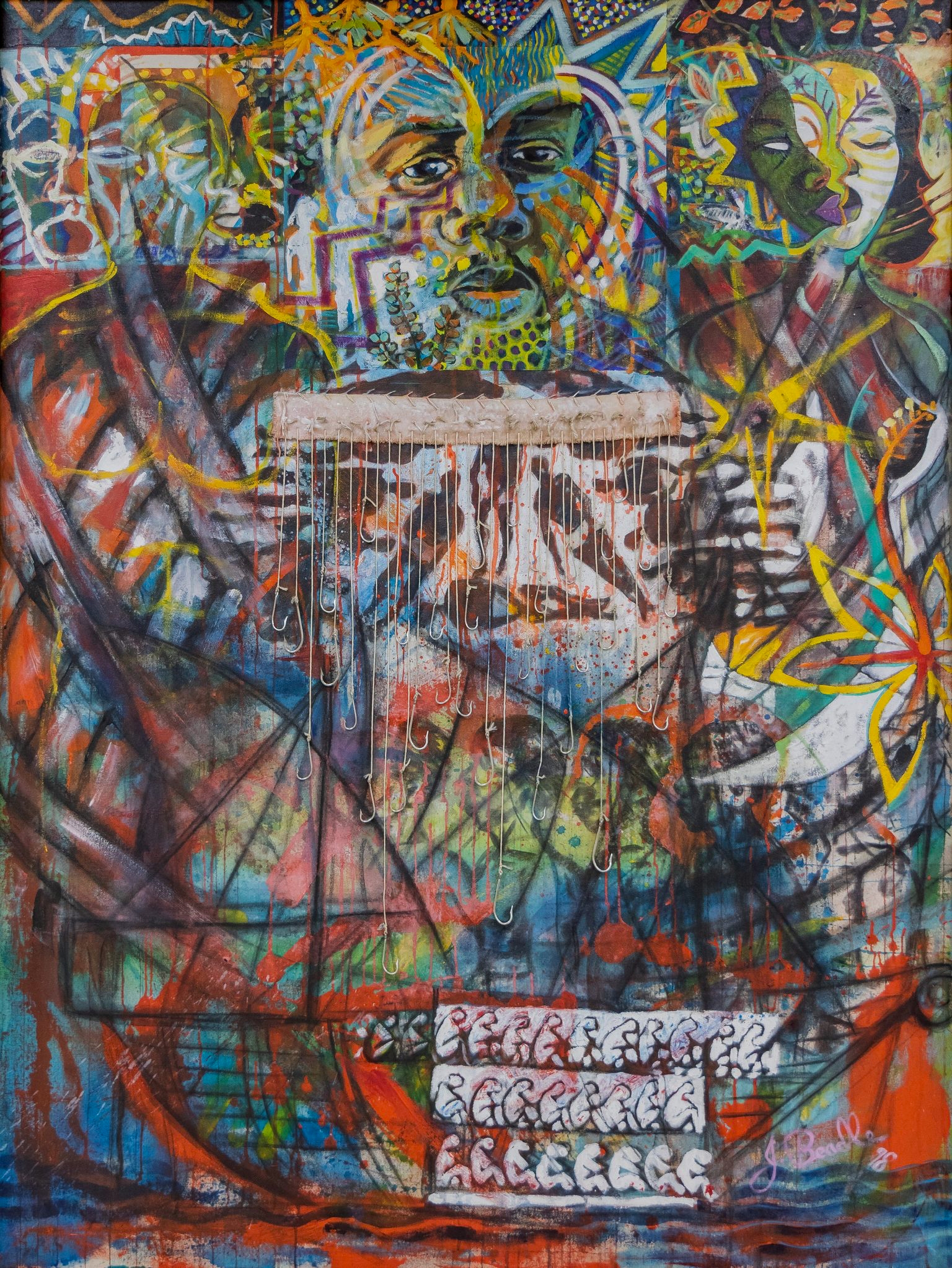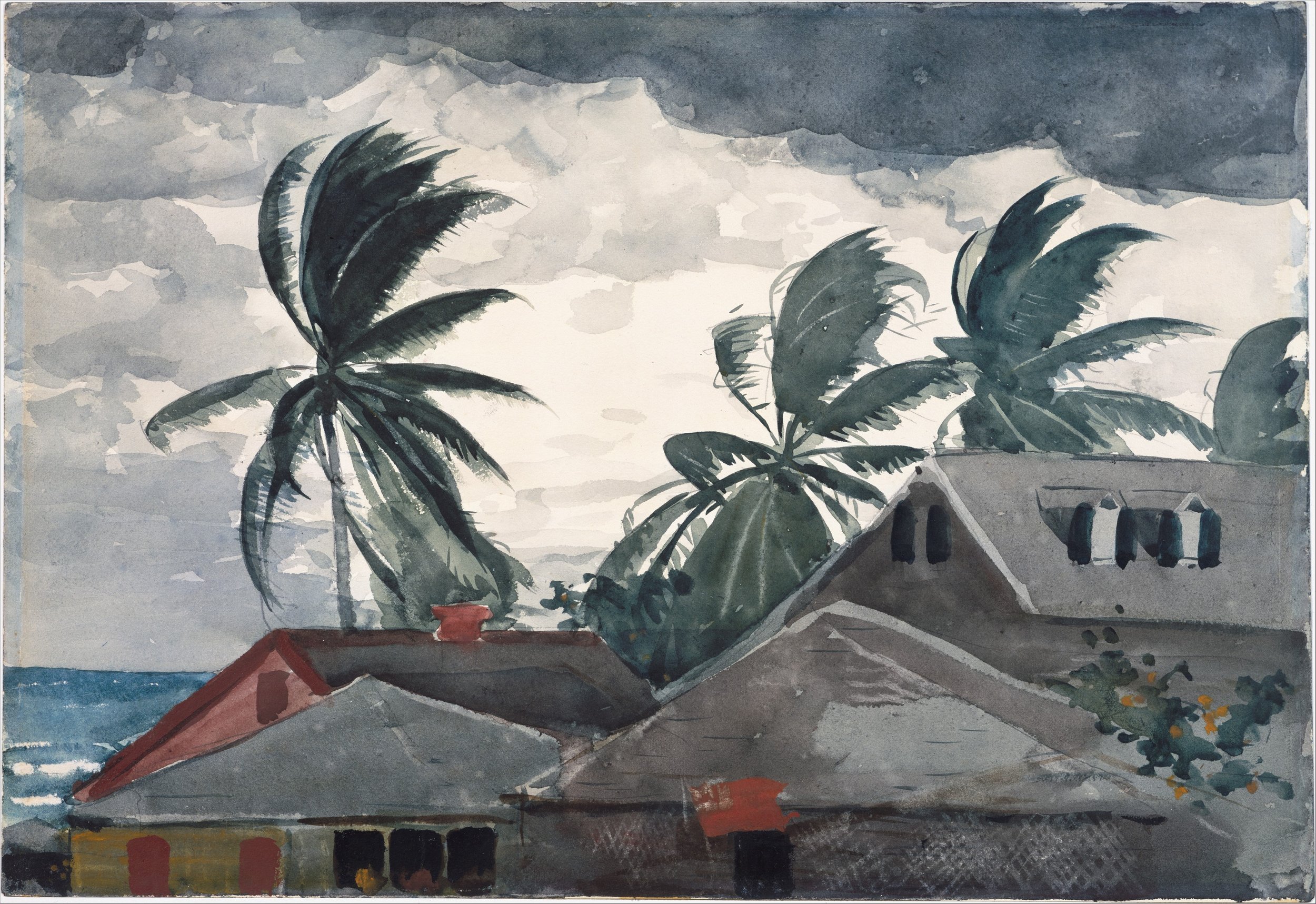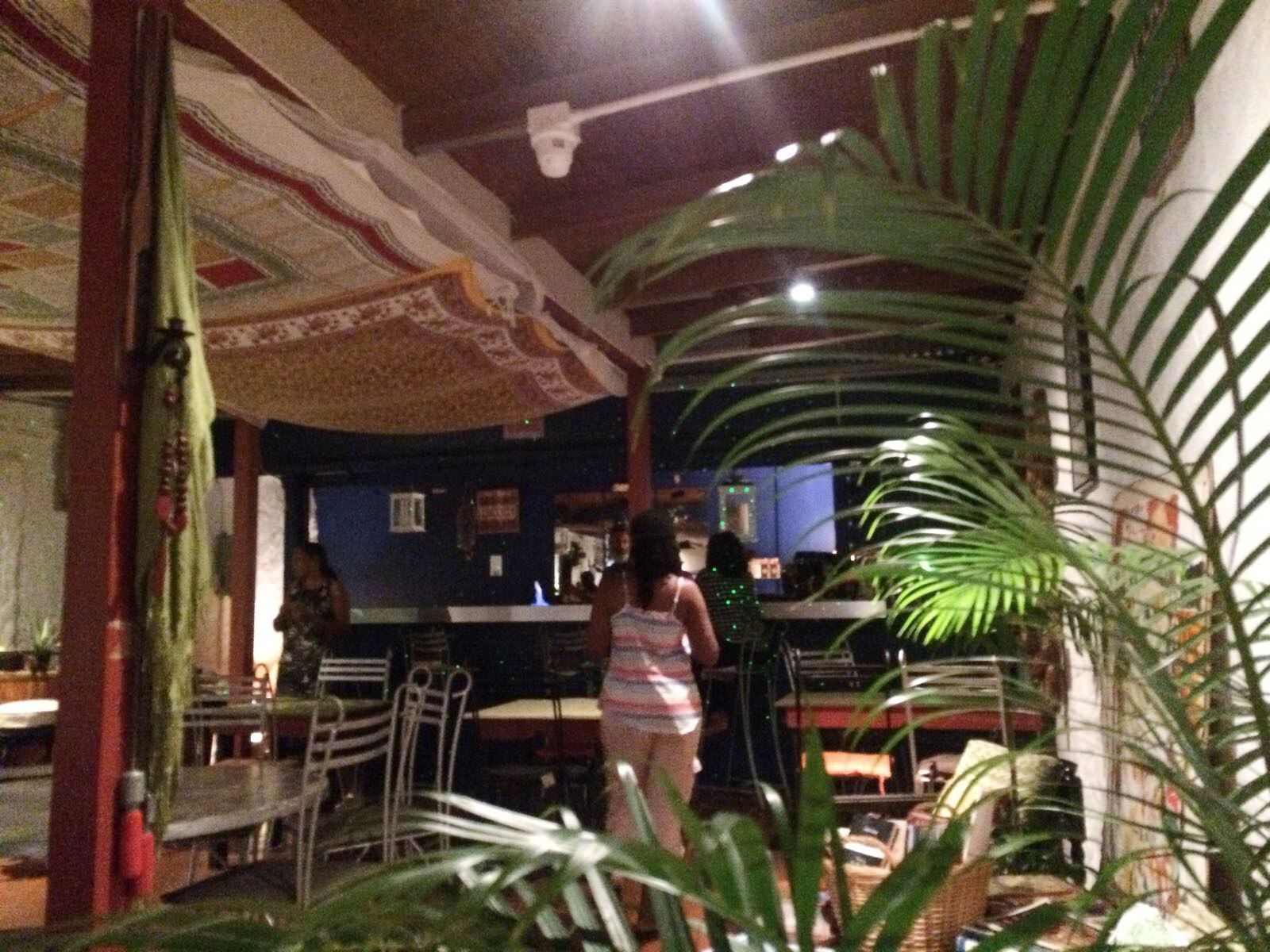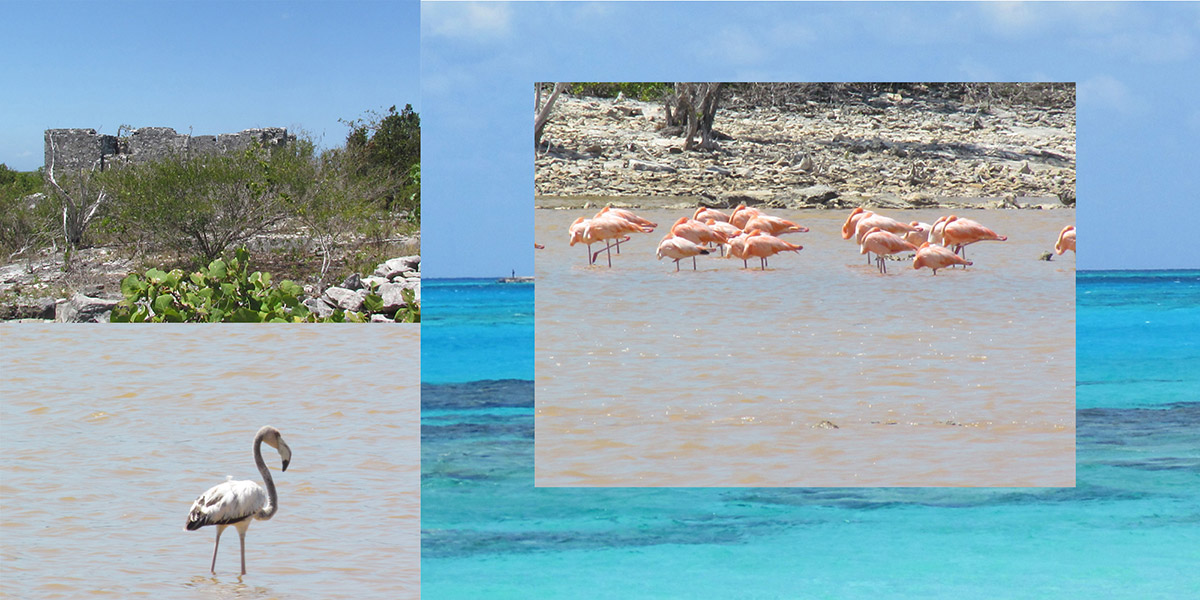We Live at the Undersides

Two years ago, I wrote an article on the impact of Hurricane Irma on the loss of cultural material and the devastation of the landscape, lamenting the single death we sustained here, how we “lost two cultures that day”. I spoke about how many of us, in light of the nature of our dotted, disparate geography, felt the smallest sigh of relief that the more inhabited islands of New Providence and Grand Bahama were not hit, though it did little to soothe the loss of life and property in the Southern Bahamas.
This year, I write about another Category 5 storm. This year I write about such heart-piercingloss of life that it’s hard to contemplate how much material loss there is. This year, I write about what happened to one of those “more inhabited” islands, the island I have called home for most of my life, and how the culture and people I grew up with Grand Bahama are underwater, and Abaco all but washed away.
There was a sad irony in 2017 hearing about Ragged Island, the name feeling like the sting of some poorly-made cosmic joke in looking at the devastation they have and continue to endure. Inagua was left without its one school. That pair of islands in the southern part of our archipelago have a population who are still largely displaced, and largely left without hope of rebuilding – despite the stories of how Ragged Island could have been The Bahamas’ first “green island”. Another sad irony there, because in my experience growing up in one of the hardest hit islands in the hurricane belt, storms turn everything that once thought of being green to a salty and unbearable brown.
Words at times like this feel clumsy for some, forced, or lacking the eloquence to do the horrors and pains of situations like ours justice. Sometimes, for some of us anyway, visualisations help us to parse through the muddled and complicated feelings – feelings of being so grateful for life whilst simultaneously utterly devastated at the loss of your home and livelihood. Artwork is part of our cultural material, when all else gets lost it is what endures and gives context to civilizations long gone, and it is what the culture survives on through in so many ways. It also has a knack of gaining meaning as time goes on, through the ever-shifting tide of events and social contexts and changing histories.

What has happened to us on 09.01.2019 is a moment in Bahamian history, Caribbean history, and world history that will forever change the way we look at our lives and our place within it. Maybe, in the middle of such undeniable loss and despair, we can use this opportunity to try and make change for the better, because we can truly never go back to what was before, in more ways than one. After the time of mourning, reeling, and suffering is done – and it will take time – we will have to think of what it means to continue to be, to continue to exist, and to find ways to fight for finding life’s meaning again when all feels lost.
Something I’ve found cathartic to spend time with in the past few days in moving through our museum space-meets-sanctuary and donation center, is Mass Transportation (1998) by John Beadle. In my quiet contemplations, in trying desperately to find distractions or answers to what’s happening in the Northern Bahamas that I call home, was this piece. In the current moment, feels less to do with our history of African displacement (though it is certainly that), and more to do with the very contemporary uprooting of Bahamians from the North of the country as they find their way South, being forced to leave their homes as climate refugees.
This work on canvas, with barbed hooks and depictions of bodies and souls lost, now feels to me like a flag to be held high for those of us reeling from losing friends, family, lovers, and the everyday acquaintances who made our days better in the small ways we don’t always register. It isn’t just the big losses of life and family archives and homes, it’s the little ones too. The shop owner whose shop is no more, the stranger who is also our neighbour who waves to us as we would walk to said shop every Sunday afternoon (for that one ingredient we forgot for our Sunday dinner) after church, a church that isn’t standing anymore.
As Beadle’s piece suggests – through its use of lifeblood-red, through its torn edges, through the deference to lives lost – displacement does things to the collective psyche that we can’t fully comprehend. Displacement often entails a sense of all-encompassing loss of self that many could not find a way to come back from. But we in this pocket of the Atlantic have, and as much as loss can feel like part of the Caribbean experience, so too is our resilience.
The colors and shapes of our African forebears are also present, and though we might not have the books, objects, or mother tongues in this region to fully articulate the culture that was taken from us, or suppressed, it finds ways to live on through the materiality of drums and paint, but also of spirit and our genetic material. The fiber of our being is made of tougher stuff and has gone through the unthinkable already, so as we come to another unthinkable we must draw on that ancestral knowledge and dig deep for that strength of spirit we will need in the coming years.
Beadle’s lineage, like all of ours, is deeply layered, as is the work. Though there may be settled layers of sedimentation throughout, the base is still visible beneath. The loss isn’t just loss, it’s a tender and caring reclamation and translation – the culture of the continent cannot continue here as-is, it is a new landscape and we have for centuries now found ways to make it fit the space we call home. Even as home is beneath storm surge, and buried in the whitewashing of history, the loss of artefacts, it still finds a way to cry out from beneath the rubble. We cannot deny the pain that we are collectively feeling, but we can find ways to translate what has happened – after the healing, the rebuilding – and to try to make something beautiful and sustainable. And I don’t mean beauty in the vain, fluffy, surface sense. I mean something so inherently a part of us that even in proverbial pieces with the cracks showing it is an undeniable and unquestionable resplendence no matter what form it takes.
We in the Caribbean have always lived at the vulnerable undersides of the world—of colonialism, of slavery, of modernity—and we now live at the underside of the climate war that has been set into motion by globalised industrialisation. We could recycle plastic here until there’s no memory of it in our space, but it wouldn’t change the barreling speed at which we are hurtling toward climate crisis. And if Hurricanes Matthew, Maria, Irma, and Dorian are any indication – we are in the belly of it.
We cannot now afford the divisiveness that colonialism imposed on us as peoples of the Caribbean. We cannot afford to be nation-states when those states are being swallowed by king tides. We are no longer just Grand Bahamians, Abaconians, and Haitian survivors who are displaced in Nassau, Eleuthera, and the Exumas – we are all people of the Caribbean who are in crisis and who must properly come together to make it through this. This region has always been stronger united – the chain of slave rebellions sparked off by one another and their subsequent violent silences afterward were early evidence of this.
As the wider Caribbean is coming to our aid in our time of need, it is undoubtedly in part due to the sobering knowledge that any of us in and around the Caribbean Basin could be next. Haiti has given to us generously, despite our despicable reputation for mistreatment of Haitian and Haitian-Bahamian people. The grace we have been shown by our cousins in these frighteningly warm and shallow waters is the grace we will need to get through this together.
And we will. Come hell or inevitable high water, we rise above.


